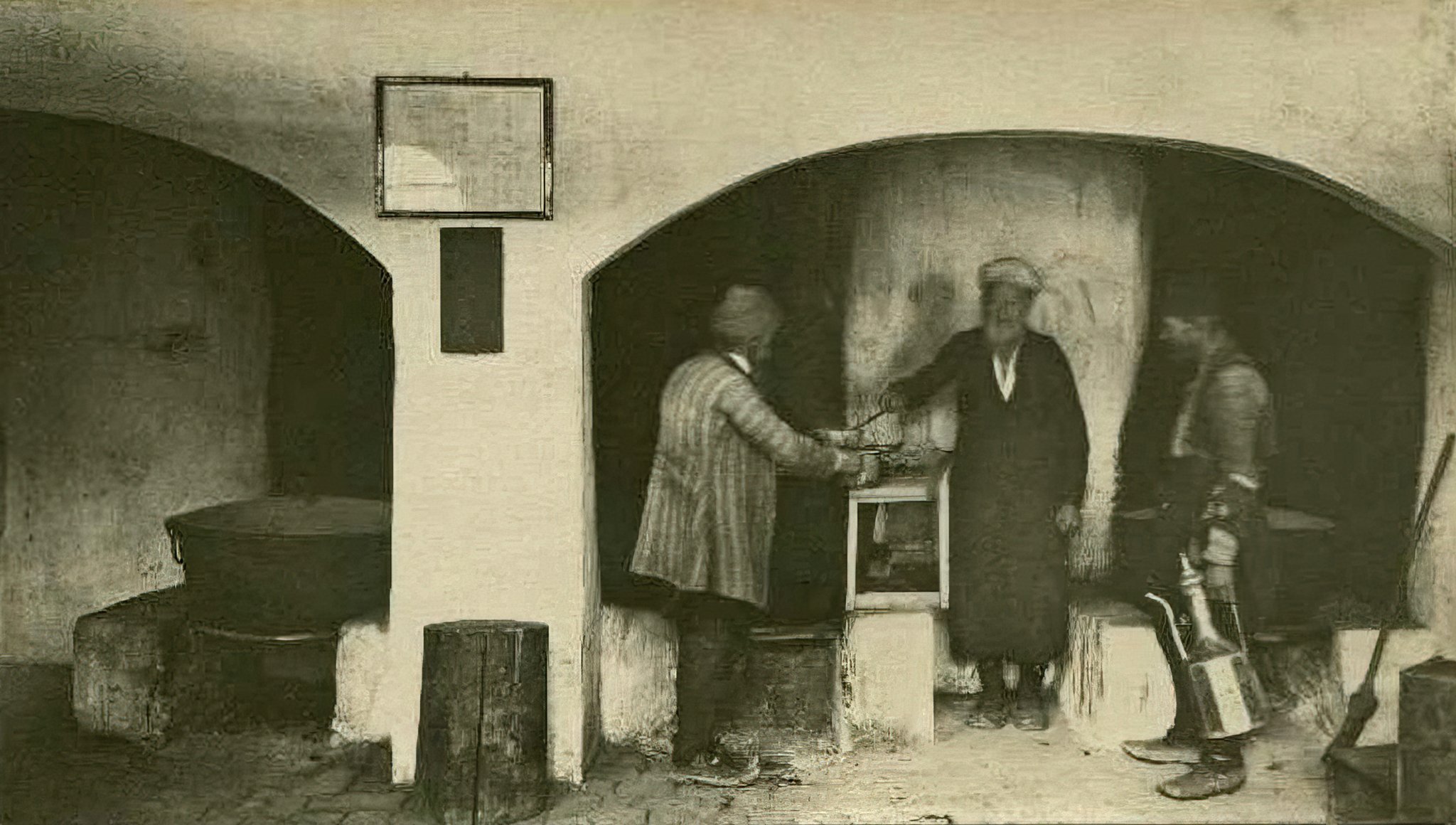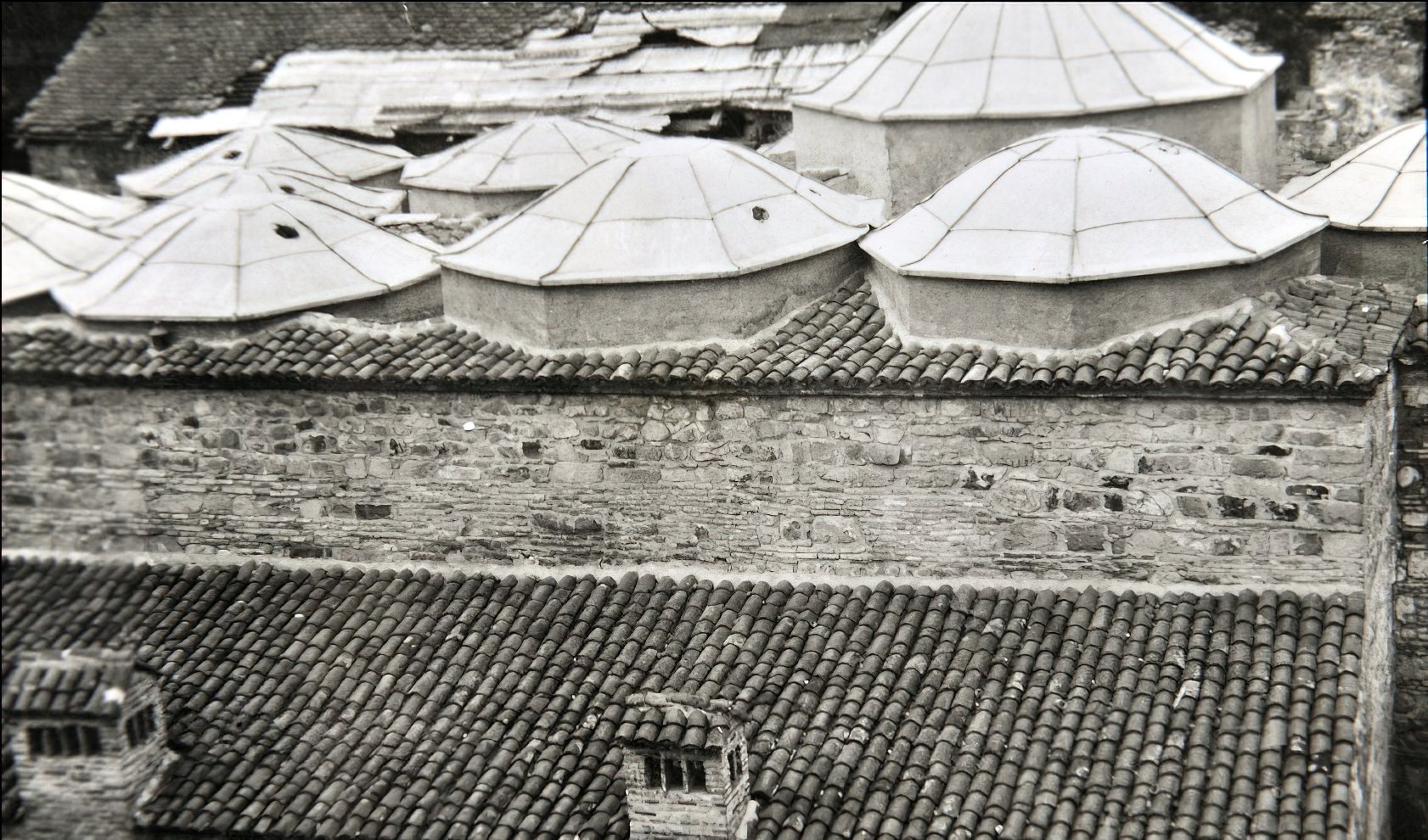
14:
CHARITY
-

CHARITY
Allocating part of assets for certain categories of the society is one of the main determinants of Islamic teaching. It is the obligation of zakat, zakat al-Fitr, qurban, helping orphans, the poor,the overindebted and, generally, people in need.
-

ISA-BEG'S HAMMAM IN NOVI PAZAR
Isa-beg's hammam (Novi Pazar hammam) is a rare example of the dual type of urban hammam. It was built between the 1460s and the 1470s as an endowment - waqf of Isa-beg Ishaković, the founder of Novi Pazar.
-

IMARET
The imaret (from Arabic word imara, which means a building) is a public soup kitchen where food and meals were prepared and given free of charge mainly to poor layers of population, travelers and pupils of madrasas (schools).
-

SOCIAL WELFARE AND CHARITY INSTITUTIONS OF GAZI HUSREV-BEY'S WAQF
Gazi Husrev-bey's waqf was founded based on three vakufnamas (deeds of endowment): one from 1531 and two from 1537.
-

MUSAFIRHANA: A “LIKEABLE” WELFARE-CHARITY INSTITUTION
Musafirhana, the Bosnian adjustment of the Arabic-Persian coinage (Ar. musafir – traveler; Pers. hane – house, home), refers to the guesthouse (lodging house) or a residential building for lodging or a short stay of travelers, primarily poor ones, on a free-of-charge basis.
-

HAN AND CARAVANSERAI
Term ‘hān’ draws origin from Persian, and its basic meaning is 'house'; however, it can also refer to 'court' and 'caravanserai' (Sadri Afšar, 322; Moin, I, 1393).
-

COMPASSION THROUGH THE PRISM OF WAQFNAMA
In the Islamic country, and therefore in Bosnia during Ottoman administration as well, waqfs were an important leverage in the development of society, i.e. in satisfying daily needs.
-

MORIĆA HAN
Hans (inns) and caravanserais served for the accommodation of travelers. Caravanserais were bigger buildings which could accommodate both travelers and goods and horses, thus entire caravans.
